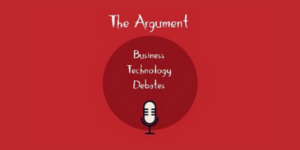Description
The dictionary definition of information:
“knowledge communicated or received concerning a particular fact or circumstance”
The dictionary definition of value:
“the worth of something in terms of the amount of other things for which it can be exchanged or in terms of some medium of exchange”
Overview
States of Information
State 1: Raw Data in the wild
(System/Person waiting/needing information)
State 2: Information realized as available
(Raw Data formatted transposed into a useful format)
State 3: Knowledge gleaned and value created
Value of Information (VOI)
VOI Processing
Considerations:
- Cost to store and make available for consumption
- Cost to transpose into a useable format and/or structure
- Cost to collect and analyze for trends, quality, duplicates
- Savings in regards to all of the above when purchased
VOI Relevance
Considerations:
- Context in relation to the consumer
- Support for decision making and/or problem resolution
- Structure and format
VOI Exclusivity
Considerations:
- How many other sources exist?
- What is being done to protect exclusivity?
- What is the perception of the brand?
VOI Multipliers
Multipliers:
- Time since first available
- Quality and accuracy
- Respect and/or proven expertise in the domain
Why is VOI so controversial?
The value of information frequently starts disputes due to…?
- Information can often be produced at little or no cost.
- Information may be either subjective or objective, or both at the same time.
- Information may be totally false or true, partially false or true, or neither false nor true.
- Information, unlike objects, cannot exist apart from value.
Information Value Summary
- Information can be exchanged for other information or money therefore it has value.
- The value of information depends on its relevance, processing, and exclusivity from the consumers viewpoint.
- VOI is often up for debate but when used to the fullest potential to make decisions, solve problems and/or create opportunities the value is more easily realized.







